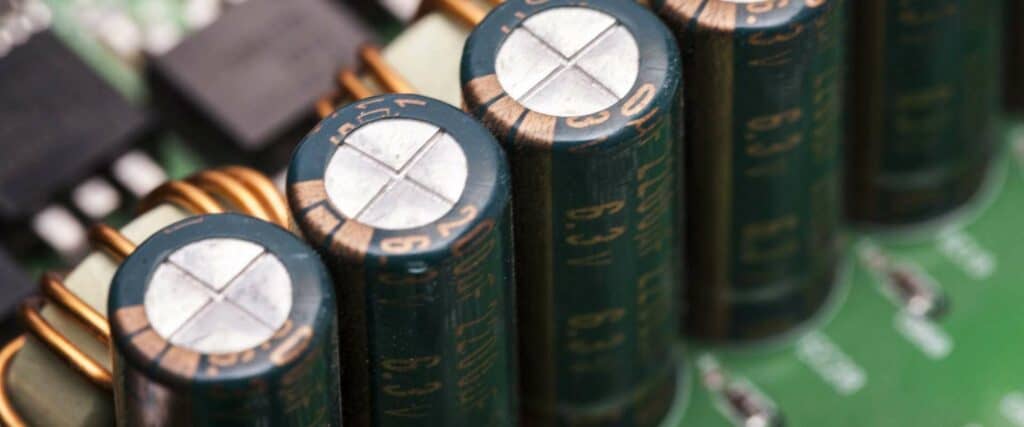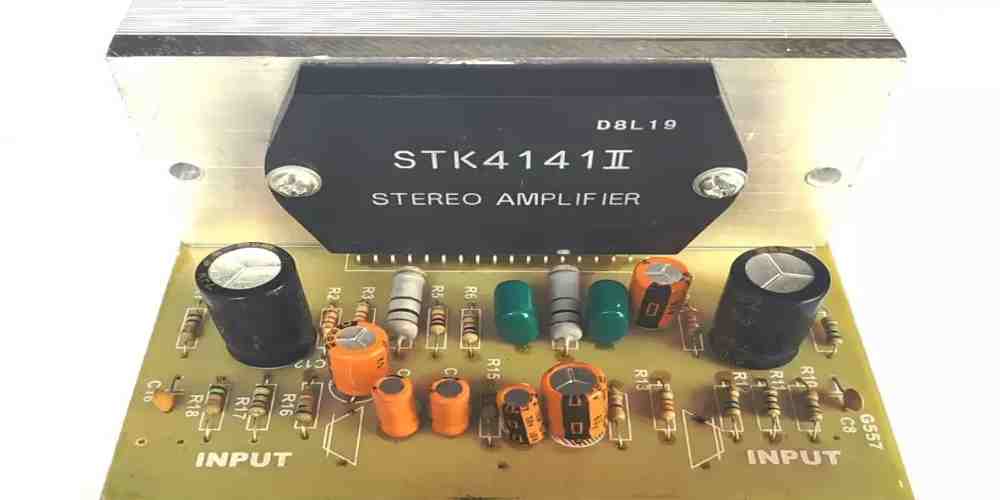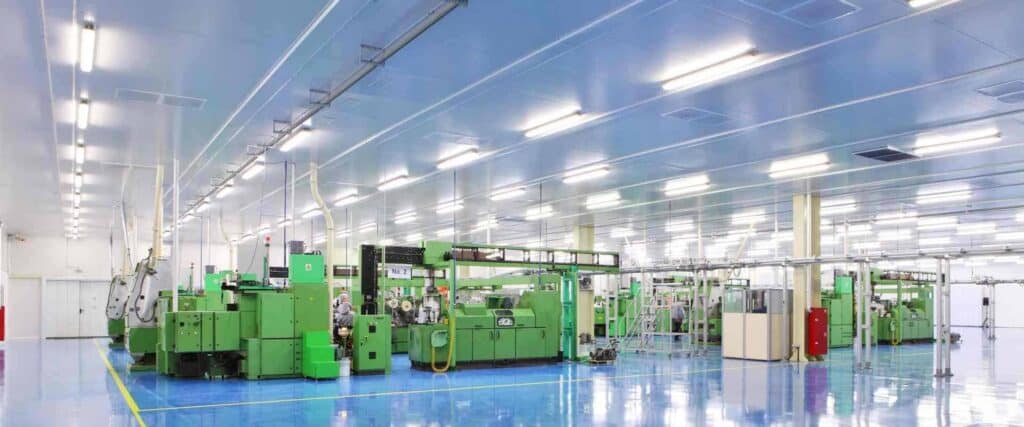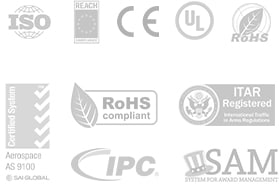Panasonic is a well-known brand that produces a wide range of electronic products. One of its most popular products is the capacitor, which is used in various applications, including audio equipment, computers, and telecommunications devices. However, with the rise in demand for electronic products, the prices of capacitors have been fluctuating. This article will explore the current prices of Panasonic capacitors and the factors that influence their prices.
The price of Panasonic capacitors is influenced by various factors, such as the cost of raw materials, supply and demand, and market competition. The cost of raw materials, such as aluminum and tantalum, can affect the price of capacitors. Additionally, the supply and demand for capacitors can also impact their price. If the demand for capacitors is high, the price may increase. On the other hand, if the supply is high, the price may decrease. Finally, market competition can also affect the price of capacitors. If there are many manufacturers producing similar products, the price may be lower due to increased competition.

Factors Affecting Panasonic Capacitor Price
Panasonic capacitors are known for their high-quality, reliability, and durability. However, their price can vary depending on several factors. Here are some of the key factors that affect the price of Panasonic capacitors:
1. Capacitance
The capacitance of a capacitor is the amount of electric charge it can store. The higher the capacitance, the more charge the capacitor can store, and the more expensive it is likely to be. Panasonic capacitors are available in a range of capacitance values, from a few picofarads to several farads.
2. Voltage Rating
The voltage rating of a capacitor is the maximum voltage it can safely handle. Panasonic capacitors are available in a range of voltage ratings, from a few volts to several hundred volts. The higher the voltage rating, the more expensive the capacitor is likely to be.
3. Temperature Range
Panasonic capacitors are designed to operate within a specific temperature range. The wider the temperature range, the more expensive the capacitor is likely to be. Capacitors that can operate at high temperatures are often more expensive than those that can only operate at room temperature.
4. Package Type
Panasonic capacitors are available in a range of package types, including surface mount, through-hole, and radial lead. The package type can affect the price of the capacitor, with surface mount capacitors often being more expensive than through-hole or radial lead capacitors.
5. Quantity
The quantity of Panasonic capacitors purchased can also affect the price. Buying in bulk can often result in a lower price per unit, while purchasing smaller quantities can result in a higher price per unit.
In summary, the price of Panasonic capacitors can vary depending on several factors, including capacitance, voltage rating, temperature range, package type, and quantity. Understanding these factors can help you choose the right capacitor for your needs at a reasonable price.
Panasonic Capacitor Price Range by Type

Panasonic is a well-known brand when it comes to electronic components, and their capacitors are no exception. Panasonic capacitors come in a variety of types, each with its own unique features and price range. Here’s a breakdown of the price ranges for each type:
Aluminum Electrolytic Capacitors
Panasonic’s aluminum electrolytic capacitors are designed for use in a wide range of applications, including power supplies, audio equipment, and lighting. They come in a variety of sizes and voltage ratings, with prices ranging from $0.10 to $10 per unit depending on the specific model.
Film Capacitors
Panasonic’s film capacitors are ideal for use in high-frequency applications, such as audio equipment and power supplies. They are available in both polypropylene and polyester film types, with prices ranging from $0.50 to $5 per unit.
Ceramic Capacitors
Panasonic’s ceramic capacitors are designed for use in a variety of applications, including power supplies, lighting, and automotive electronics. They are available in both multilayer and single-layer configurations, with prices ranging from $0.01 to $1 per unit depending on the specific model.
Tantalum Capacitors
Panasonic’s tantalum capacitors are designed for use in a variety of applications, including power supplies, audio equipment, and telecommunications. They are available in both surface mount and through-hole configurations, with prices ranging from $0.50 to $5 per unit.
Conductive Polymer Capacitors
Panasonic’s conductive polymer capacitors are ideal for use in a variety of applications, including audio equipment, lighting, and telecommunications. They are available in both surface mount and through-hole configurations, with prices ranging from $0.50 to $5 per unit.
Overall, Panasonic capacitors are competitively priced and offer a wide range of options for various applications. When choosing a capacitor, it’s important to consider the specific requirements of your project and select a capacitor that meets those requirements while staying within your budget.
Comparison of Panasonic Capacitor Prices with Competitors

When it comes to purchasing capacitors, one of the most important factors to consider is the price. Panasonic is a well-known brand in the electronics industry, offering a wide range of capacitors with varying prices. However, it is essential to compare Panasonic’s capacitor prices with those of its competitors to determine whether they are competitive or not.
To compare Panasonic’s capacitor prices with its competitors, we researched the prices of similar capacitors from other brands. We found that Panasonic’s capacitor prices are generally competitive and fall within the average price range of its competitors.
For instance, Panasonic’s aluminum electrolytic capacitors are priced similarly to those of Nichicon and Rubycon. Panasonic’s tantalum capacitors are also priced competitively compared to similar capacitors from Kemet and AVX.
Moreover, Panasonic offers a wide range of capacitors with different specifications, allowing customers to choose the capacitor that best suits their needs and budget. The company also offers volume discounts, making it an attractive option for customers who need to purchase capacitors in bulk.
In conclusion, after comparing Panasonic’s capacitor prices with those of its competitors, we can say that Panasonic’s capacitor prices are generally competitive and fall within the average price range of its competitors. Customers can choose from a wide range of capacitors with different specifications and take advantage of volume discounts to save money.
Factors to Consider When Buying Panasonic Capacitors

When purchasing Panasonic capacitors, there are several factors to keep in mind to ensure that you get the right product for your needs. Here are some key considerations to keep in mind:
1. Capacitance
The capacitance of a capacitor refers to its ability to store an electric charge. It is measured in farads (F) and determines the amount of charge a capacitor can hold. When choosing a Panasonic capacitor, you need to consider the capacitance you require for your specific application.
2. Voltage Rating
The voltage rating of a capacitor is the maximum voltage it can handle without breaking down. It is important to choose a capacitor with a voltage rating higher than the maximum voltage that will be applied to it to avoid damage.
3. Temperature Range
Panasonic capacitors are designed to operate within a specific temperature range. It is crucial to select a capacitor that can withstand the temperature extremes of your application.
4. Size and Shape
The size and shape of a capacitor can vary depending on its application. Panasonic offers a variety of capacitor sizes and shapes to fit different needs. It is important to choose the right size and shape to fit your application’s requirements.
5. Cost
The cost of Panasonic capacitors can vary depending on the specific product and supplier. It is important to consider the cost of the capacitor when making your selection, but it should not be the only factor you consider.
By considering these factors, you can select the right Panasonic capacitor for your application.

